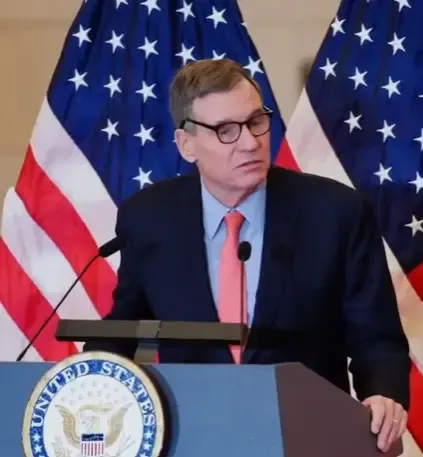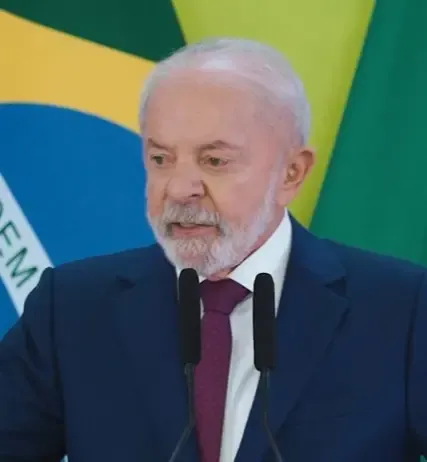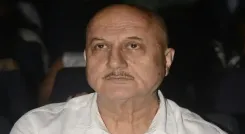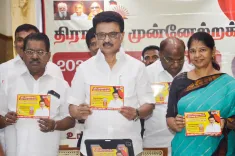Did Assam CM Criticize Congress for Misleading on IMF Loan to Pakistan?
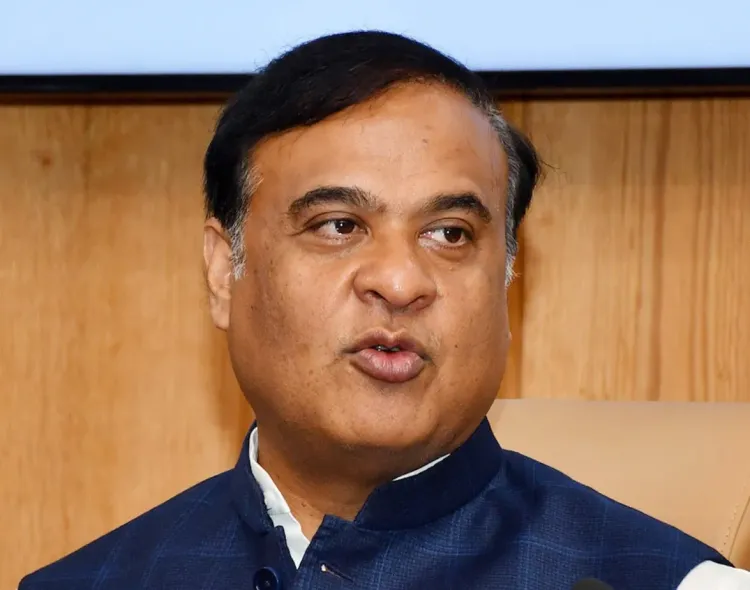
Synopsis
Key Takeaways
- Assam CM criticizes Congress for misinformation.
- IMF voting system is not a simple majority.
- India's abstention signals a strong diplomatic stance.
- Political narratives can impact national interest.
- India's record under PM Modi showcases strength against terrorism.
Guwahati, May 10 (NationPress) The Chief Minister of Assam, Himanta Biswa Sarma, on Saturday, subtly criticized the Congress party, accusing Jairam Ramesh and Pawan Khera of engaging in reckless propaganda concerning the IMF, Pakistan, and India's position.
The Chief Minister stated, "Unmasking the Deception: IMF, Pakistan, and India's Stand"—once again, leaders from Congress are involved in reckless propaganda, distorting facts and misleading the populace regarding India's stance on the recent IMF bailout for Pakistan.
"Let the facts be clear: 1. There is no 'No' Vote at the IMF: Contrary to the misconception that Congress is trying to spread, the IMF does not allow for a 'no' vote. The only valid method to express disagreement is through abstention — which is precisely what India did. 2. IMF Voting is Proportional, Not Equal: The IMF operates on a quota-based voting system, where the voting power reflects each country's financial contributions. This is not a one-country-one-vote system like the UN General Assembly. India's abstention was a calculated and strategic decision within this framework," Sarma elaborated.
He continued, "3. India's Message Was Explicit: By abstaining, India signaled its refusal to support financial aid to a nation that perpetuates terrorism across our borders. This action was a strong yet prudent diplomatic message, affirming that India will not endorse Pakistan's duplicity but also will not recklessly disrupt the global economic framework. 4. Congress is Engaging in Hazardous Politics: It's regrettable that politicians like Jairam Ramesh and Pawan Khera are politicizing India's international diplomacy. Their narrative, whether out of ignorance or deliberate intent, jeopardizes national interests and misrepresents India as weak when, in reality, India acted with both determination and responsibility."
The Chief Minister further emphasized, "5. India's Record Speaks Volumes: Under Prime Minister Modi, India has demonstrated to the world its commitment to responding to terrorism with strength—whether through Uri, Balakot, or Operation Sindoor. Our abstention at the IMF reflects strategic statecraft, grounded in a clear national interest."
However, Pawan Khera responded to Sarma's comments by sharing a screenshot of the IMF executive board's decisions.
He tweeted, "Mr. Chief Minister, please review this and instruct your team to explore how often there has been an 'against' vote. For instance, Russia opposed the IMF aid tranche to Ukraine on September 12, 2016, and India voted against the expulsion of Zimbabwe on September 11, 2005."




